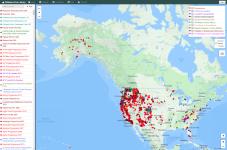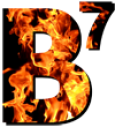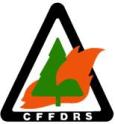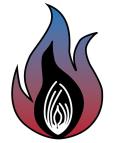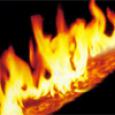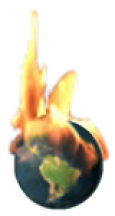The Wildland Fire Library (firelibrary.org) is a collection of long-term assessments, fire progressions, fire behavior reports, and other documents and resources to support fire modeling and assessment of long-duration fires. Each file is tied to some event with a location, a start date, and background information. This site is operated by Rick Stratton and Jim Edmonds of the USFS National Office.
Definition: The manner in which a fire reacts to the influences of fuel, weather, and topography.
(National Wildfire Coordinating Group / Fire Research And Management Exchange System)
The fire behavior topic page contains resources and activities related to the study and management of the direction, spread and intensity of wildland fire.
Highlighted Content
